Rashes
Partnering with a skin expert at Cumberland Skin can give you the tools and custom treatment options to help you treat and prevent rashes. Learn more about the symptoms and causes of rashes below, and schedule your skin check to begin your healthy skin journey with Cumberland Skin.
Examples of Rashes
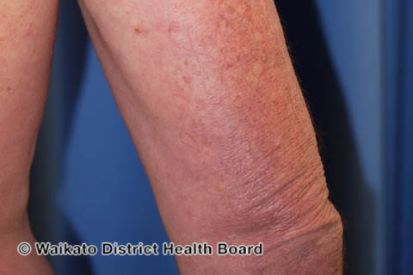
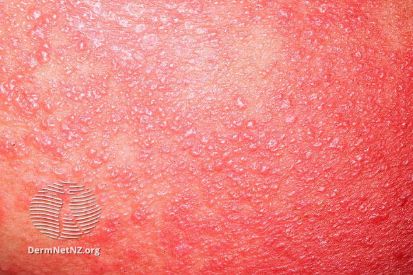
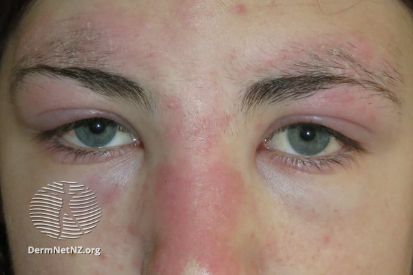
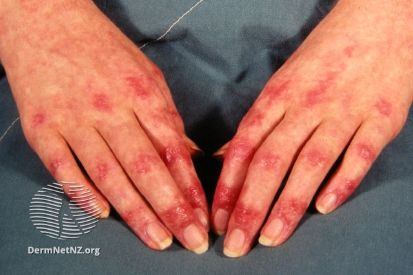
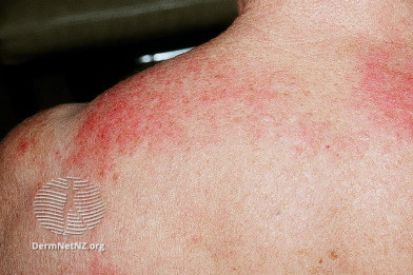
What are the Symptoms of Rashes?
- Redness: Rashes often display a reddish hue on the affected skin due to increased blood flow or inflammation.
- Itching: Itchiness is a common symptom accompanying rashes, causing discomfort and a desire to scratch the affected area.
- Bumps or blisters: Rashes may present as raised bumps or fluid-filled blisters on the skin.
- Dry or scaly skin: Some rashes manifest with dry, flaky, or scaly patches, causing roughness or peeling of the skin.
What Causes a Rash?
- Rashes can be caused by various factors, including allergic reactions to substances like certain foods or medications, skin contact with irritants, infections such as fungal or bacterial, autoimmune conditions, or underlying medical conditions.
- Environmental factors, like heat or certain fabrics, may also contribute.
- Identifying the specific cause of a rash often requires careful examination by your dermatologist in order to determine treatment.
How to Prevent a Rash
Partnering with a skin expert is the best way to determine your custom skincare routine. Scheduling regular skin checks with your dermatologist go a long way in prevention.
Frequently Asked Questions: Rashes
Rashes can have various causes, including allergies, infections, or skin conditions. Your body might be reacting to something it came into contact with, like a new lotion or plant, or it could be a sign of an underlying issue.
Certain skincare products, like those containing harsh chemicals or fragrances, can trigger rashes. Opting for gentle, hypoallergenic products can reduce the risk. A dermatologist can recommend products tailored to your skin's needs.
Scratching a rash can worsen the irritation and potentially lead to infection. Over-the-counter anti-itch creams, cool compresses, and keeping the affected area moisturized can help relieve itching.
It depends on the type of rash. Some rashes benefit from being kept covered to prevent further irritation, while others may heal better when exposed to air. Your dermatologist can advise on the best approach based on the specific rash.
Patient Story: Treating Rashes
How to Treat Rashes
If you're dealing with a rash, dermatological guidance is key for the right diagnosis to help you find an effective, healthy skin treatment plan. Schedule your appointment today.
Related Blog Posts
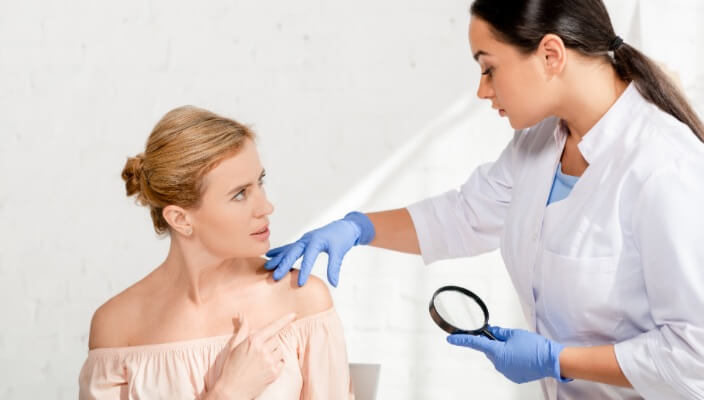
- Skin Cancer
- General Dermatology
- Chronic Skin Conditions
Learn more about the most common types of skin lesions we see at Cumberland Skin and how our dermatologists remove them.
Read More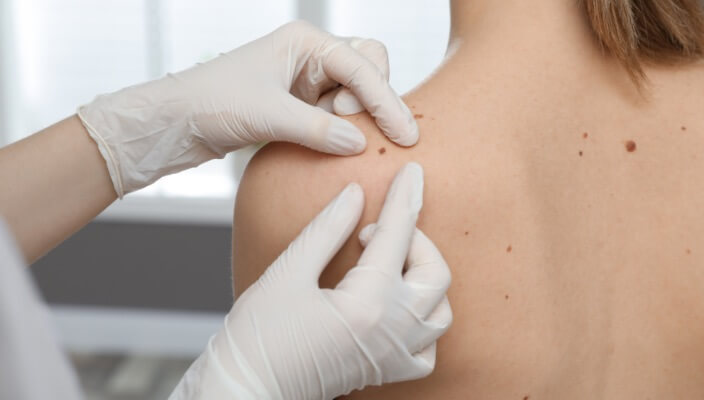
- General Dermatology
- Skin Exams
Preparing for your first dermatology appointment is important because it ensures everything goes as smoothly as possible and that your doctor is up-to-date on the status of your overall health and wellbeing. Here are our expert tips.
Read More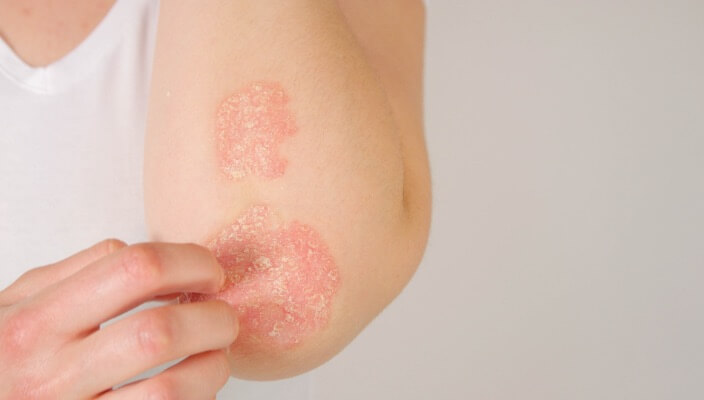
- General Dermatology
- Chronic Skin Conditions
Learn the differences between dry skin, eczema, and psoriasis, their distinct characteristics, and potential triggers. Gain valuable insights into identifying symptoms and seeking appropriate treatment to effectively managing these common skin conditions.
Read MoreFeatured Products
Check your local office for current stock!
Check your local office for current stock!


